CIS Defense Ministers gather in Moscow, discuss strengthening military cooperation
On November 12, Uzbekistan’s Defense Minister, Lieutenant General Bahodir Kurbanov, joined defense officials from CIS member countries in Moscow to discuss advancements in joint military systems and multilateral security cooperation.
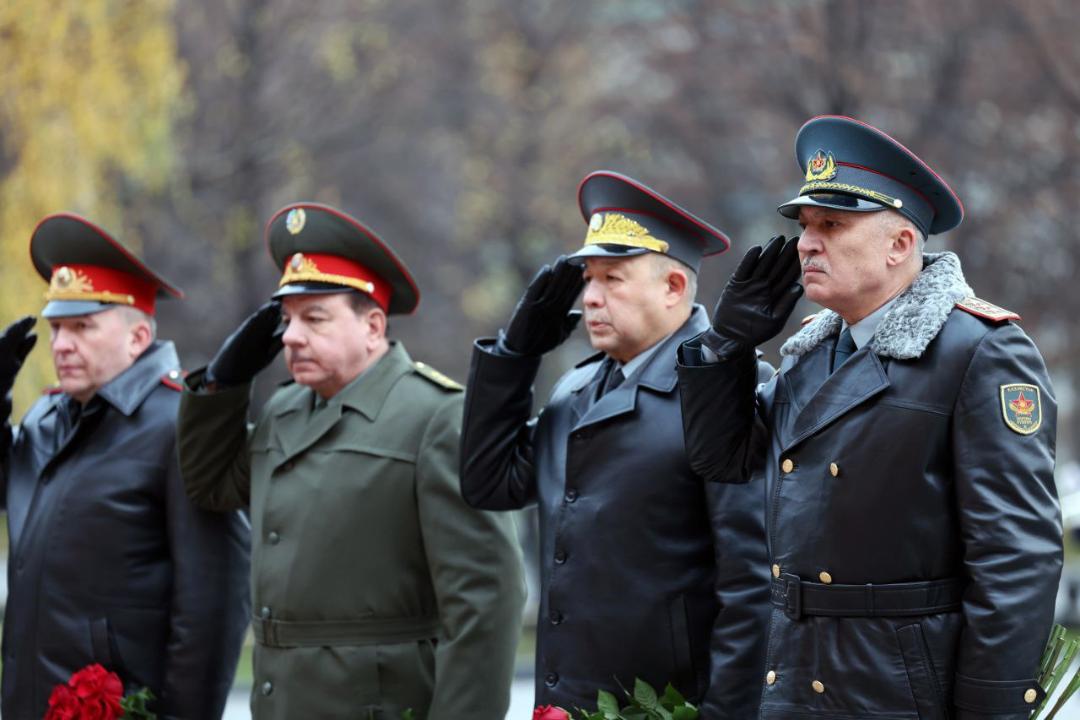
Photo: Ministry of Defence of the Republic of Kazakhstan
According to Russia’s RIA Novosti, the meeting included defense ministers from Russia, Kazakhstan, Tajikistan, Kyrgyzstan, Belarus, and Uzbekistan, as well as Azerbaijan’s Chief of General Staff and CIS Secretary General Sergey Lebedev. However, Turkmenistan, Armenia, and Moldova did not send military representatives to the gathering.
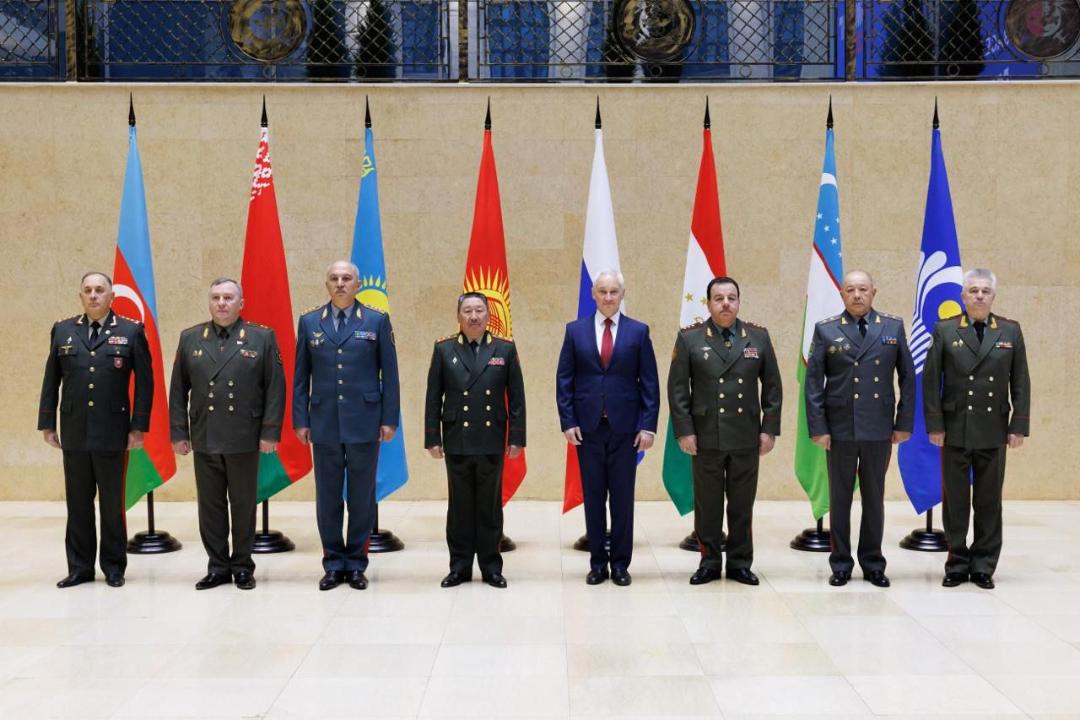
During the meeting, Russian Deputy Defense Minister Andrey Belousov addressed various topics, including enhancing regional security and preparing for the 80th anniversary of World War II's end. He also voiced concerns over perceived efforts by Western nations to undermine regional stability. “Ensuring regional security remains our top priority,” Belousov remarked, expressing gratitude to attendees for their active participation in these defense initiatives. He highlighted that longstanding military cooperation among CIS countries has strengthened their armed forces, particularly in areas such as air defense, communications, and radiological, chemical, and biological surveillance.
One key outcome of the meeting was the decision to further develop unified military systems within the CIS. This includes a state radar identification system, a unified geographic information system for military use, and a single air defense system for CIS member states.
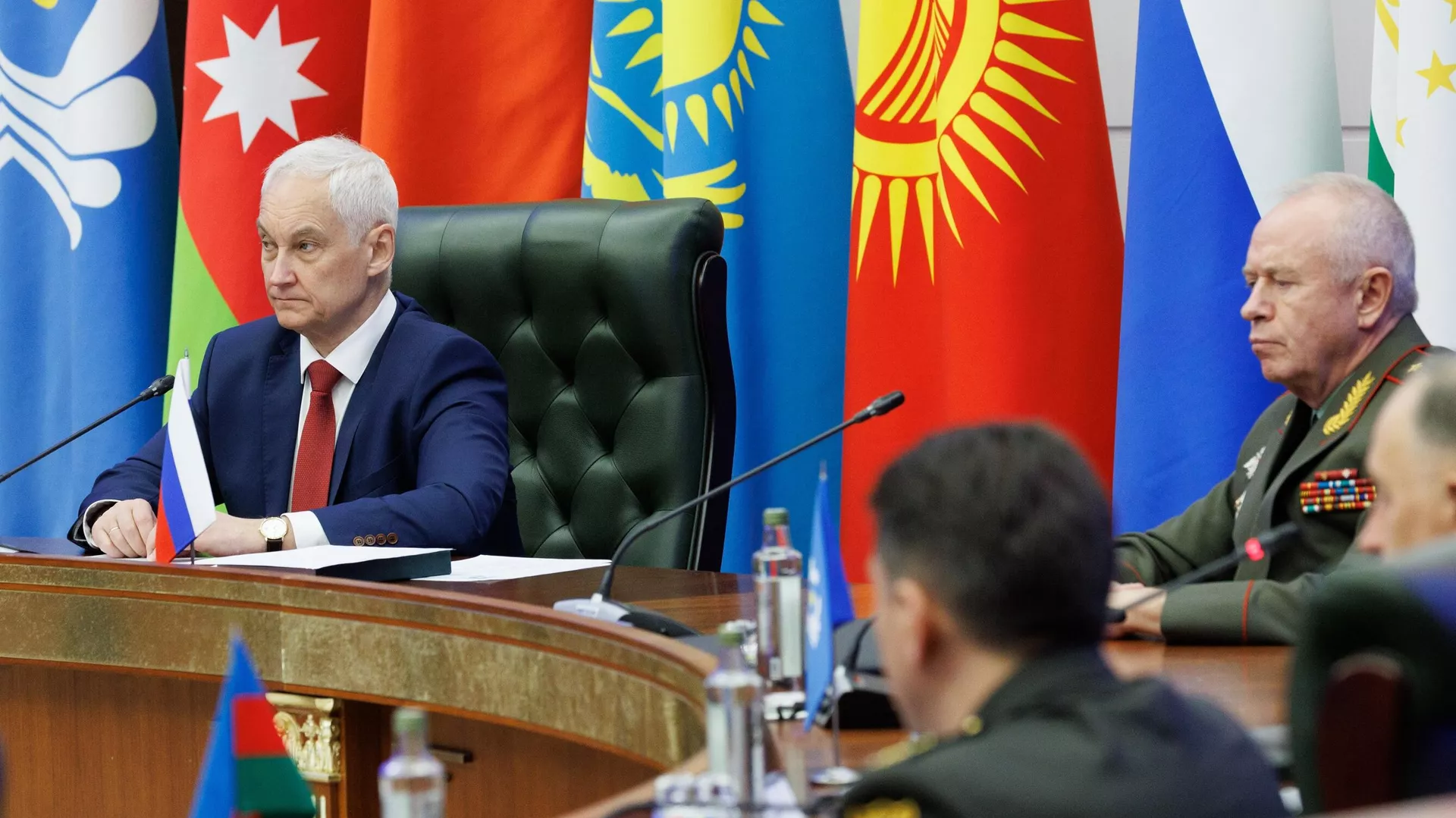
Belousov also referenced recent experiences, including those acquired in the ongoing Ukraine conflict, which he said could enhance military strategies across the CIS. Furthermore, the recent BRICS summit in Kazan emphasized peaceful resolution of conflicts and establishing a fair, multipolar global order, issues that Belousov said were particularly pertinent given current global dynamics.
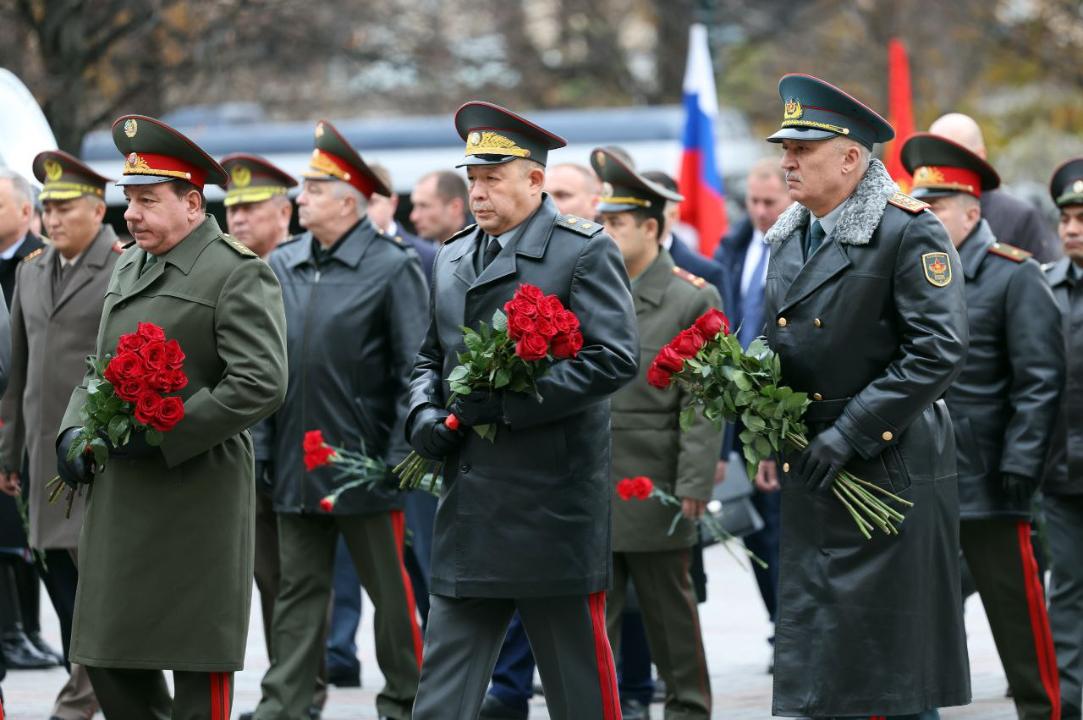
Uzbekistan’s Security Council Secretary Viktor Makhmudov attended a related CIS Security Council meeting in Moscow on November 7, led by Russia’s Security Council Secretary Sergey Shoigu. Discussions at that meeting addressed concerns such as countering the resurgence of Nazi ideology, information and cybersecurity, and safeguarding sovereignty. Shoigu reportedly also examined U.S. attempts to destabilize the region, alongside the ongoing situation in Ukraine.
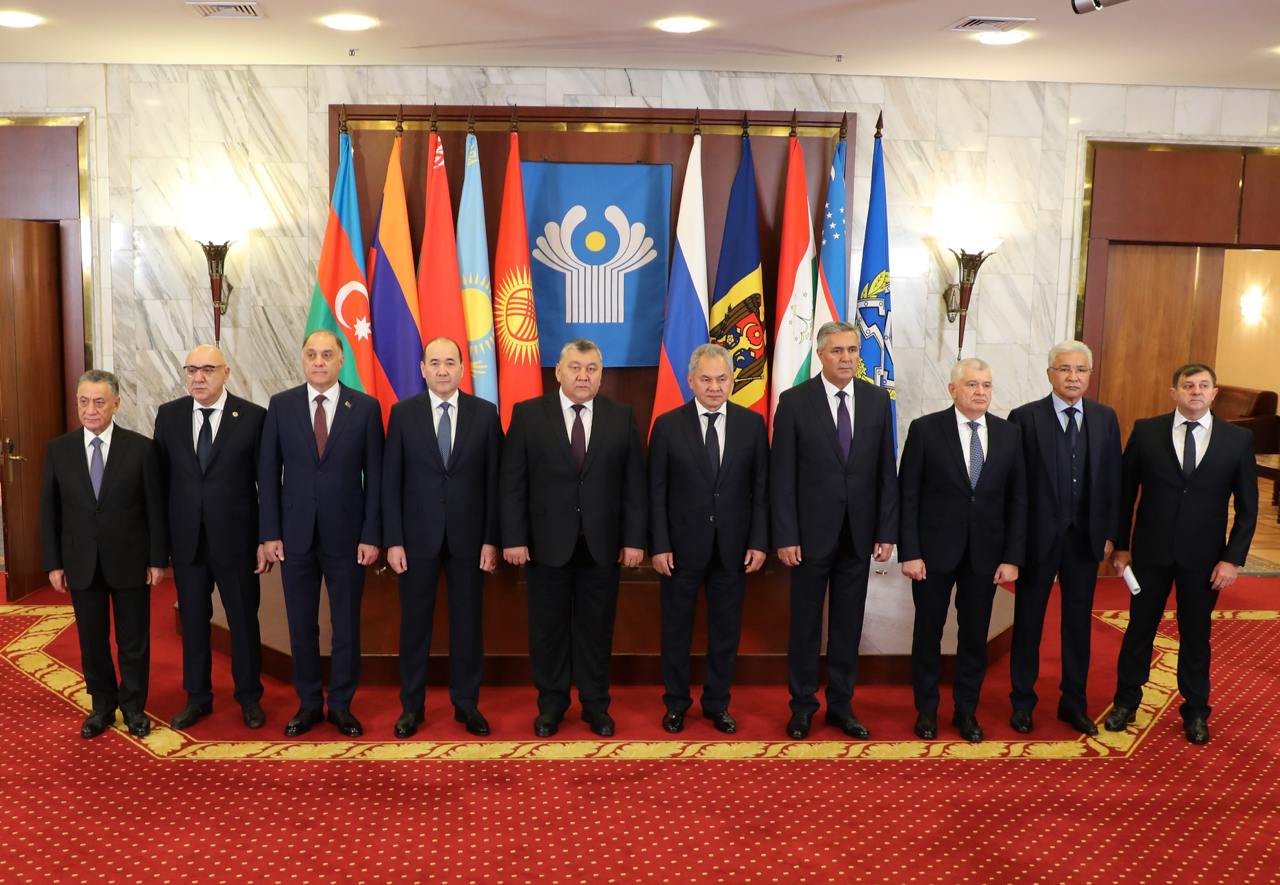
Related News
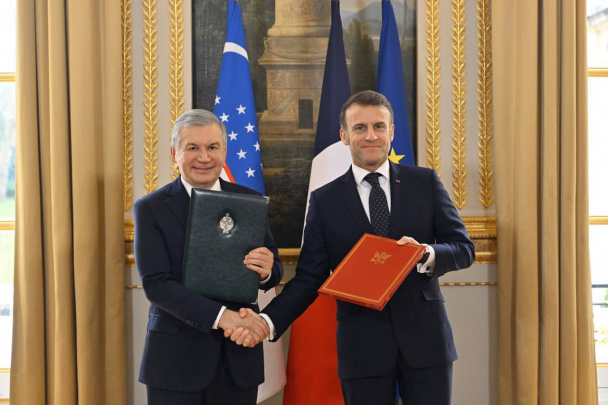
14:36 / 14.03.2025
Defense, energy, and trade: Key agreements in the Uzbekistan-France Strategic Partnership

15:03 / 13.03.2025
Uzbekistan's private kindergarten fees among highest in the CIS
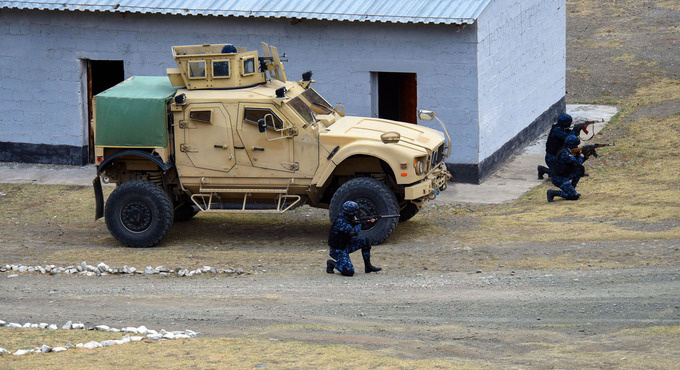
10:49 / 11.03.2025
Uzbekistan ranked among countries with low terrorism risk
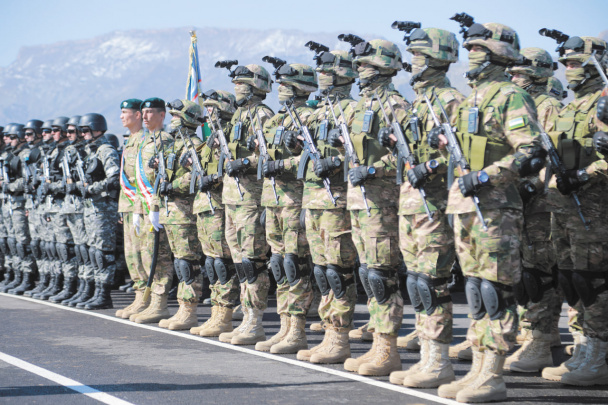
16:57 / 25.02.2025



